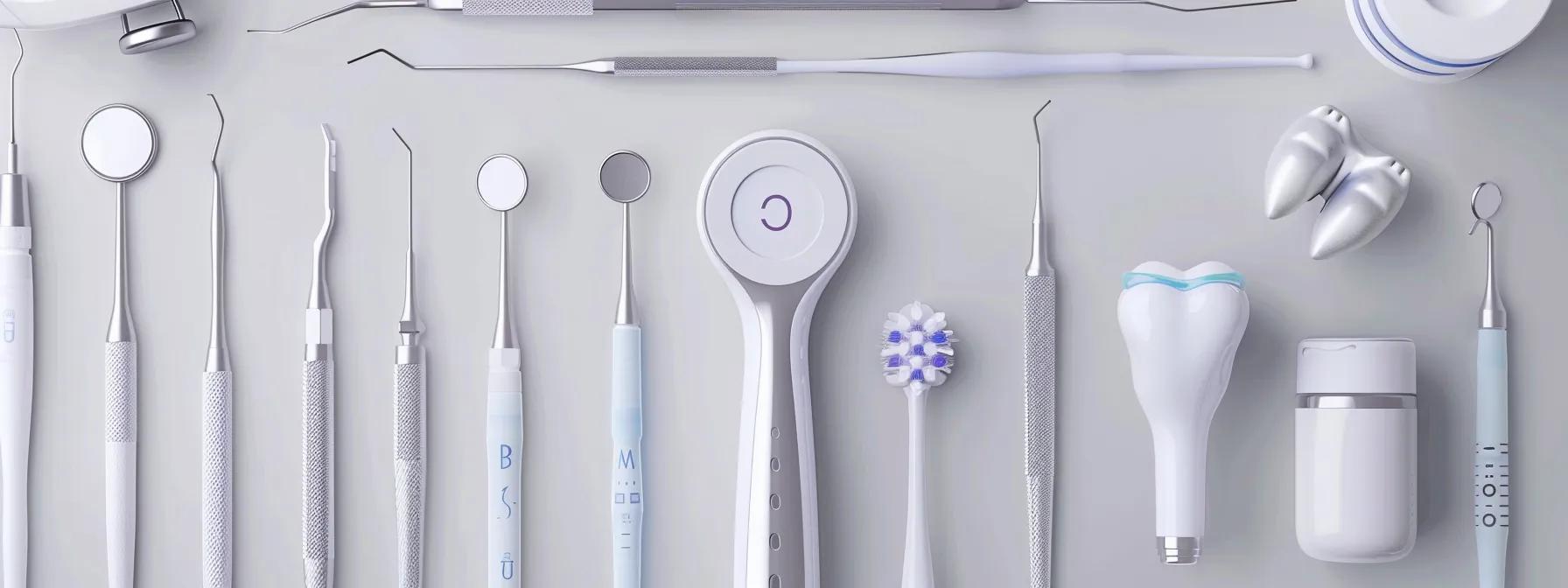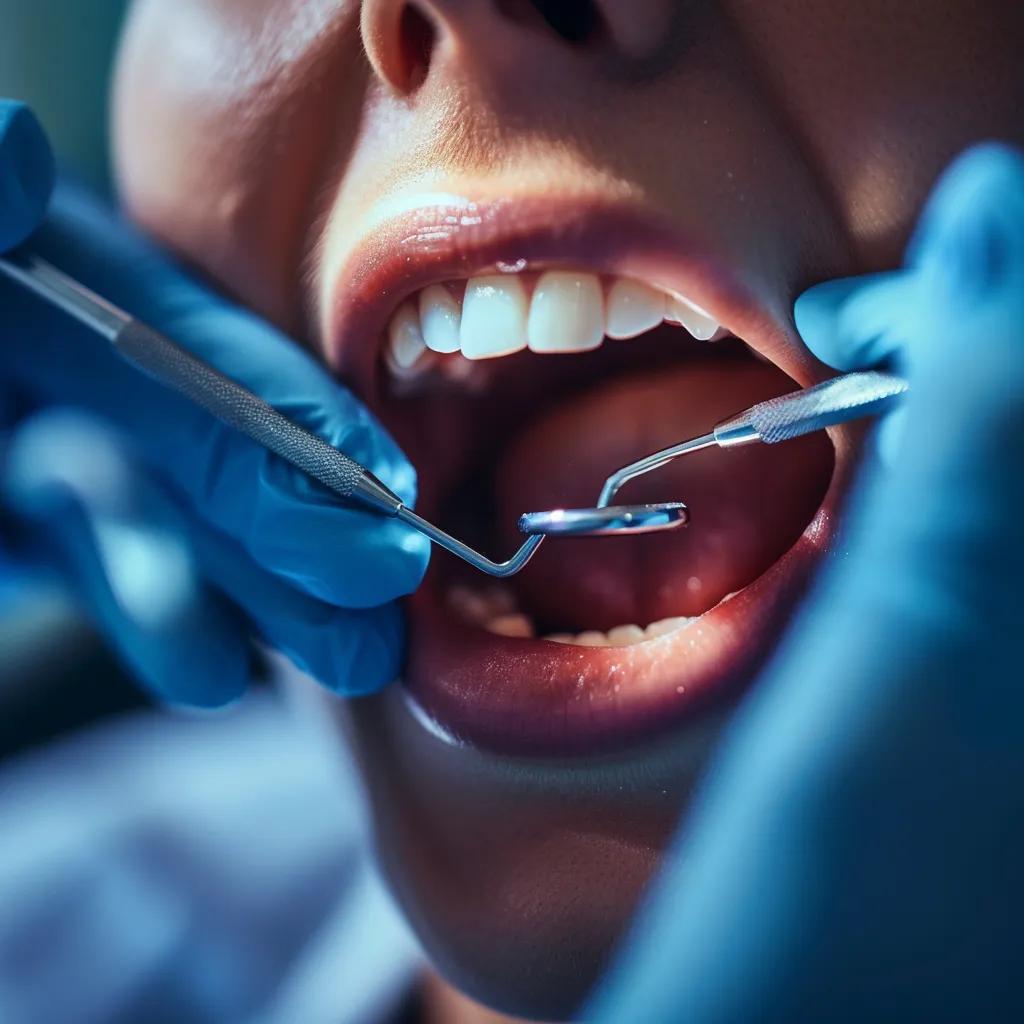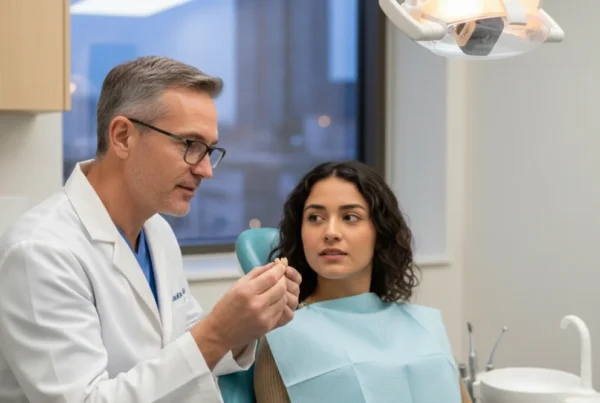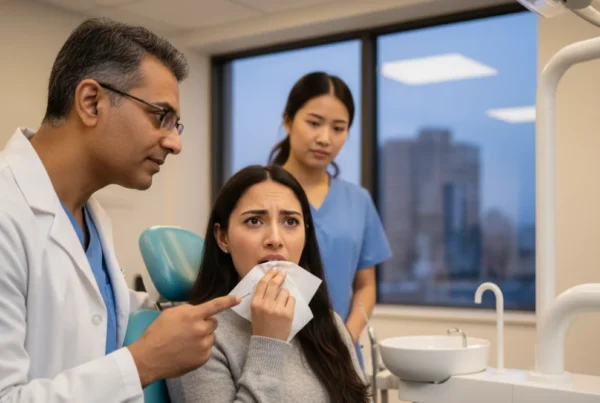When the Unexpected Hits Your Smile
Dental emergencies rarely come with a warning. One minute you’re laughing at a barbecue or cheering at a soccer game—the next, you’re clutching your face in shock, pain radiating from your mouth. It’s alarming, it’s disorienting, and worst of all, it’s often hard to know what to do next. But dental trauma is more common than you might think, and knowing how to respond can be the key to saving your tooth—and avoiding long-term damage.
At Grand Prairie Family Dental, we believe that education is empowerment. We’ve seen firsthand how quick, informed action can transform what could have been a devastating injury into a fully recoverable situation. In this article, we’ll walk you through the essential facts, first steps, treatment options, and preventive strategies so that you’re not caught off guard when the unexpected strikes your smile.
Understanding Dental Trauma
Dental trauma encompasses a wide range of injuries to the teeth, gums, jaw, and surrounding tissues. These injuries are typically caused by direct impact or forceful contact and can range from a simple chipped tooth to complex jaw fractures. Common scenarios include sports-related incidents, accidental falls, collisions during play, car accidents, or even biting down on something unexpectedly hard.
While some cases may seem minor at first, the underlying damage is not always visible. A small fracture might extend below the gum line. A tooth that looks intact may have sustained nerve damage. Infections can develop, roots may begin to resorb, and untreated injuries may require extractions or even reconstructive surgery later on. Recognizing dental trauma as a medical issue—and not just a cosmetic inconvenience—is critical for both short-term recovery and long-term oral health.
Common Types of Dental Injuries
Dental injuries can take many forms, each requiring a different treatment approach. The more you understand these injury types, the better prepared you’ll be to take immediate and appropriate action.
Chipped or Fractured Teeth
Chipped or cracked teeth are among the most common dental injuries. They often result from biting down on hard objects, falls, or sports injuries. While small chips may be cosmetic, deeper fractures can expose the dentin or pulp, leading to pain, sensitivity, and infection. The severity isn’t always obvious to the naked eye, which is why even small breaks should be assessed by a dentist.
Injuries that expose the inner layers of the tooth often require bonding, crowns, or root canals. In cases where a large piece of the tooth breaks off, saving the broken fragment can sometimes allow for reattachment. Prompt evaluation can preserve the tooth structure and prevent complications such as infection or tooth death.
Dislodged (Luxated) Teeth
A dislodged or luxated tooth has been pushed out of its normal position in the socket—either inward, outward, or sideways—but is still attached. These injuries often look alarming, and patients may experience bleeding, pain, and noticeable misalignment. It’s critical not to attempt to reposition the tooth without professional guidance, as incorrect handling could worsen the damage.
Dentists often stabilize dislodged teeth using splints for several weeks. Monitoring for nerve vitality and infection is also necessary. In children, luxated teeth may sometimes reposition naturally, but adult teeth usually require intervention. The faster the tooth is stabilized, the greater the chance of saving it.
Knocked-Out (Avulsed) Teeth
Knocked-out teeth are among the most urgent dental injuries. Time is everything when it comes to reimplanting a tooth successfully. The periodontal ligament cells on the root surface begin to die within 15 minutes. However, keeping the tooth moist and seeking care within 30–60 minutes can significantly increase the odds of successful reimplantation.
If a permanent tooth is knocked out, handle it only by the crown (top), gently rinse it without scrubbing, and place it in cold milk, saline, or saliva. Never store it in water or let it dry out. Primary (baby) teeth, on the other hand, are not reinserted, as doing so may damage the developing permanent tooth underneath.
Soft Tissue Injuries
Injuries to the lips, cheeks, gums, or tongue often accompany dental trauma. These wounds may bleed significantly due to the rich blood supply in the mouth. However, not all soft tissue injuries require stitches. Surface-level cuts may be managed at home with gentle pressure, but deeper lacerations or those that don’t stop bleeding within 15 minutes should be evaluated by a dentist or oral surgeon.
Beyond bleeding, another concern with soft tissue injuries is infection. The oral environment is filled with bacteria, and any open wound is a potential entry point. Your dentist may recommend cleaning, suturing, and antibiotics depending on the injury’s depth and location.
Jaw Injuries
Jaw fractures and dislocations are serious injuries that require immediate medical attention. Symptoms may include jaw pain, bruising, difficulty speaking or chewing, and a misaligned bite. Facial swelling and the inability to open or close the mouth fully are also red flags.
Before arriving at a dental or medical facility, it’s best to keep the jaw as stable as possible. Using a soft cloth or bandage to support the chin can reduce movement and pain. Treatment typically involves imaging to confirm the fracture and may require surgical or orthodontic intervention to ensure proper alignment and healing.

What to Do Right Away: First Aid for Dental Trauma
The first few minutes after a dental injury are the most important. Taking the right steps can greatly improve the chances of a full recovery.
Here’s what to do depending on the injury:
- Chipped teeth: Rinse with warm water and apply gauze if bleeding. If you find the fragment, place it in milk or saline.
- Knocked-out teeth: Handle by the crown, rinse briefly, and keep moist in milk or the patient’s saliva. Seek care immediately.
- Bleeding gums or lips: Apply clean gauze or a tea bag with light pressure. Use cold compresses to reduce swelling.
- Dislodged teeth: Do not force the tooth into place. Stabilize it gently if possible and call your dentist.
- Suspected jaw fracture: Avoid opening the mouth. Support the jaw and seek ER care.
Avoid using aspirin directly on gums, touching tooth roots, or waiting to “see if it gets better.” These delays can worsen damage or reduce the chance of saving the tooth.
How Dentists Treat Dental Trauma
When you arrive at Grand Prairie Family Dental, we begin with a comprehensive evaluation using digital X-rays, thermal or electric pulp testing, and clinical inspection to determine the best course of action. The treatment is tailored to the type and severity of the injury.
Common treatment options include:
- Bonding and crowns for fractures or cosmetic repair
- Splinting dislodged or avulsed teeth for stabilization
- Root canals to treat injured or infected pulp tissue
- Oral surgery for jaw fractures or severe soft tissue damage
- Antibiotics to prevent infection in open wounds or deep cuts
Pain control is a priority. We offer local anesthesia, nitrous oxide (laughing gas), oral sedation, and IV sedation for anxious or pediatric patients. Our goal is to keep you comfortable, safe, and informed throughout your treatment.
Recovery and Prevention
Recovery starts the moment you leave our office. The healing process can take days to weeks depending on the injury, but good home care and follow-up play a big role in long-term outcomes.
Here are key recovery tips:
- Eat soft, non-acidic foods
- Rinse with salt water to reduce bacteria and inflammation
- Use a soft-bristled toothbrush around the injured area
- Avoid strenuous activity that could re-injure the site
- Take medications as prescribed and monitor for signs of infection
Prevention matters just as much. To avoid future injuries:
- Wear a custom mouthguard during sports
- Always use seatbelts and headrests in vehicles
- Supervise young children during high-risk activities
- Don’t use teeth to open packages or bite hard objects
These simple measures can dramatically reduce your risk of experiencing trauma again.
Why Choose Grand Prairie Family Dental?
At Grand Prairie Family Dental, we know how scary a dental injury can be—especially when it happens outside of regular hours. That’s why we prioritize urgent care and create a calm, welcoming space for every patient.
Here’s what makes us different:
- Emergency appointments available daily
- Bilingual staff to support our diverse community
- Sedation options for painless, anxiety-free treatment
- Affordable payment plans and in-house memberships
We’ve helped hundreds of families recover from dental trauma with empathy, skill, and speed. Whether it’s your child’s knocked-out tooth or your own jaw injury, you’ll never feel alone in your emergency when you walk through our doors.
Book an appointment with Grand Prairie, TX’s top dentist, Dr. Khademazad, today. It’s the first step to a better smile and increased self-esteem. Act quickly to enjoy a beautiful, straight smile without the pain of traditional braces. Call us at 972-988-0900.
Schedule Your Consultation Today!
Grand Prairie Family Dental
2475 W Pioneer Pkwy Grand Prairie, Texas, 75051
Google Reviews: See More Reviews From Grand Prairie Family Dental
View information about local places in our community.
Driving Directions to Our Practice
Questions Patients Ask?
What should I do if I knock out a permanent tooth?
Handle the tooth by the crown only. Rinse it if dirty, store it in milk or saliva, and seek care immediately—ideally within 30 to 60 minutes.
Can a chipped tooth be left untreated?
Not always. While some small chips are harmless, others can expose dentin or pulp, leading to pain, infection, or further damage if ignored.
When should I go to the ER instead of a dentist?
If there’s heavy bleeding, facial swelling, difficulty breathing, or a suspected jaw fracture, head to the ER. For most tooth injuries, call your dentist first.
Related Articles
Emergency Tooth Extraction, Dental Emergencies, Tips for Emergency Dental Care, Dental Emergency Symptoms, Emergency Dental Procedures, Emergency Dental Insurance, Dental Trauma and Injuries, Lost a Filling or Crown






